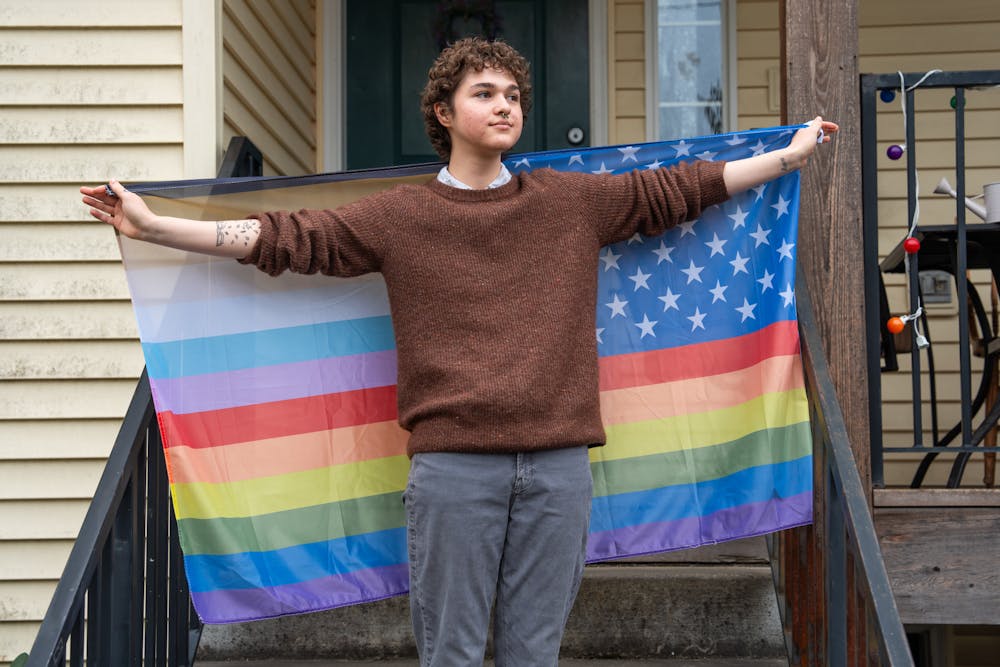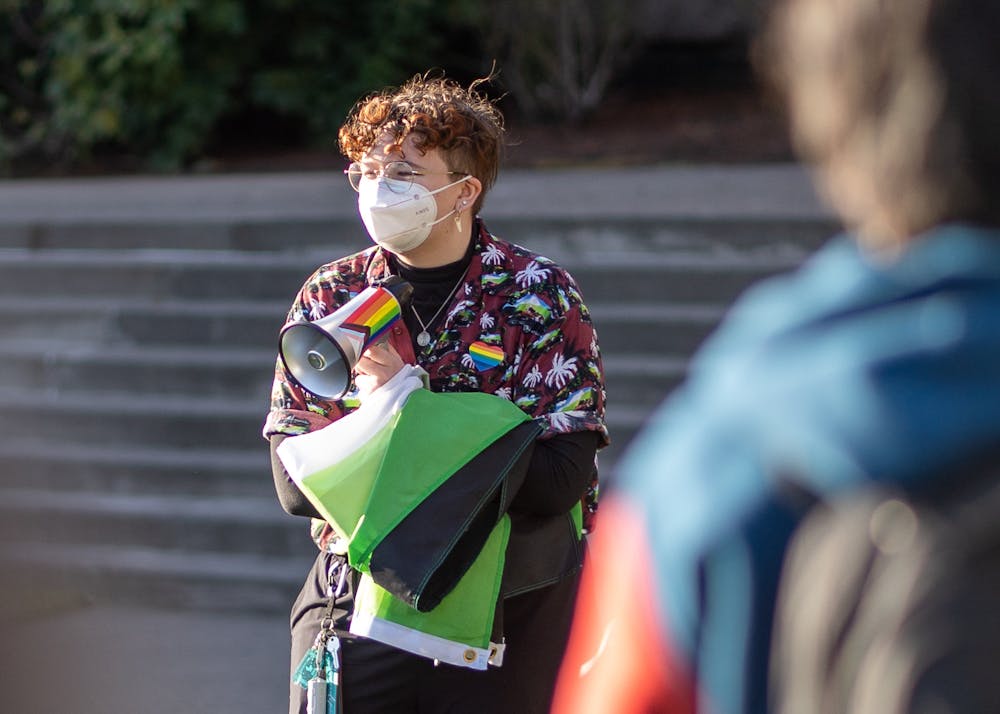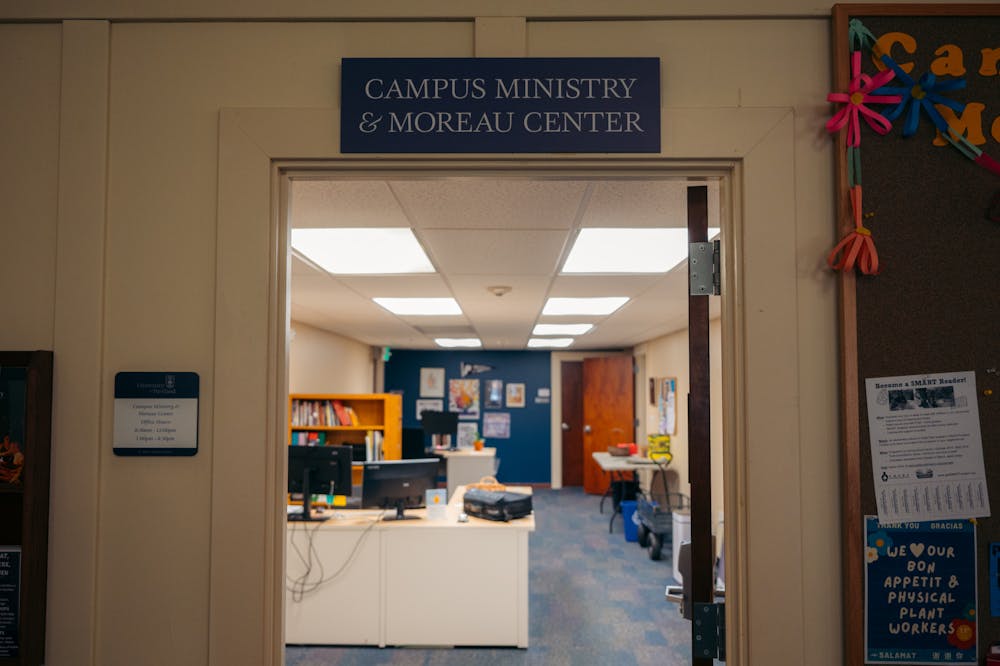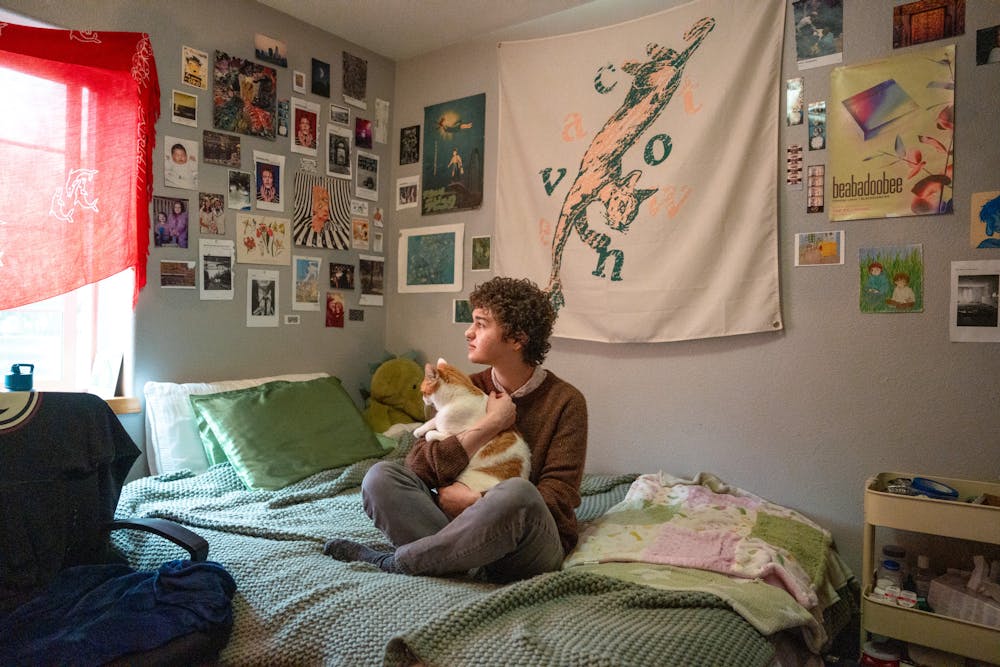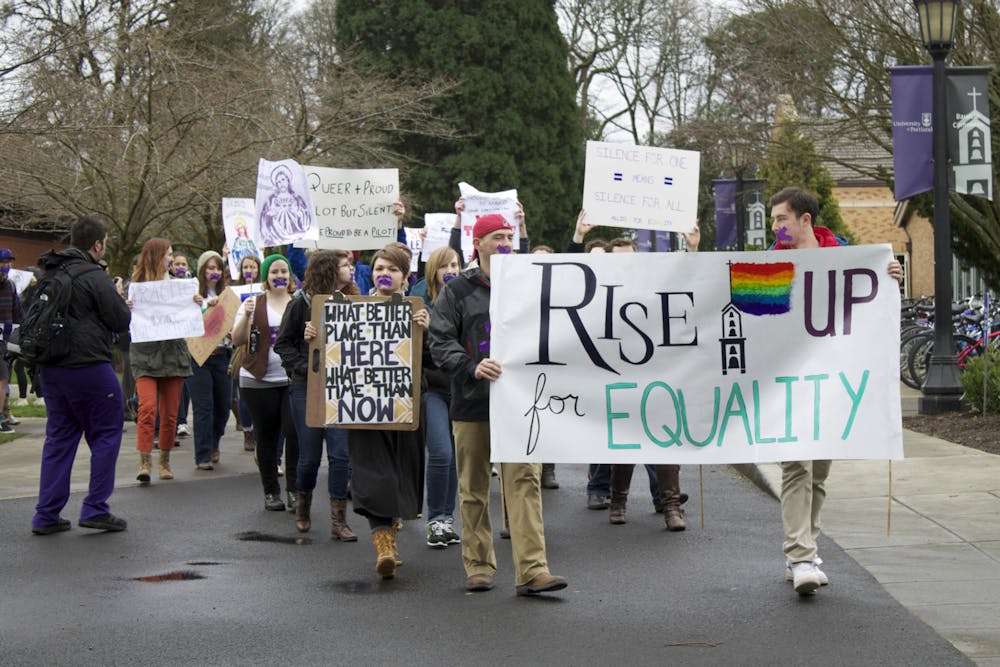Beyond the work at Campus Ministry, Walsh said the pastoral residents who live in the dorms play an important role in helping transgender people feel more welcome and safe on campus.
“It's a goal for us,” Walsh said. “We've had some conversations among pastoral residents last year on how we need to be a support for students, and especially with gender, sexual orientation and some of the more complicated identities [in] religion that can be difficult for students.”
However, no inclusivity training has been given to pastoral residents to navigate those conversations, a suggestion made from GSP and other students in the past.
“We have not begun a process of actual professional development training on that,” Walsh said. “You know, one size doesn't fit all. So we can't just adopt a training from someplace else. We need to really develop it ourselves”
Machi thinks the University could do better.
“I think the school thinks that they're allies, and they say that they're allies,” Machi said. “But thinking that and saying that is a lot different from showing that. They can't ‘thoughts and prayers’ their way into helping trans people.”
For example, Machi and Stone point to UP’s lack of gender-neutral accommodations.
“We don't have gender-neutral housing, like anywhere.” Machi said.
He believes that requiring trans students to make a choice between mens and womens dorms potentially threatens their safety, even in co-ed dorms where they are divided by floors and halls.
Sophomore Robin Augheny, who is transgender and alternately uses they and them pronouns, had been living in his dorm for three months before someone told him there was a gender-neutral bathroom in his residence hall.
“I could tell that my presence was making others uncomfortable,” Aughney said. “It didn't feel like I was supposed to be in there, but it also didn't feel like I was supposed to be in the men's either.”


